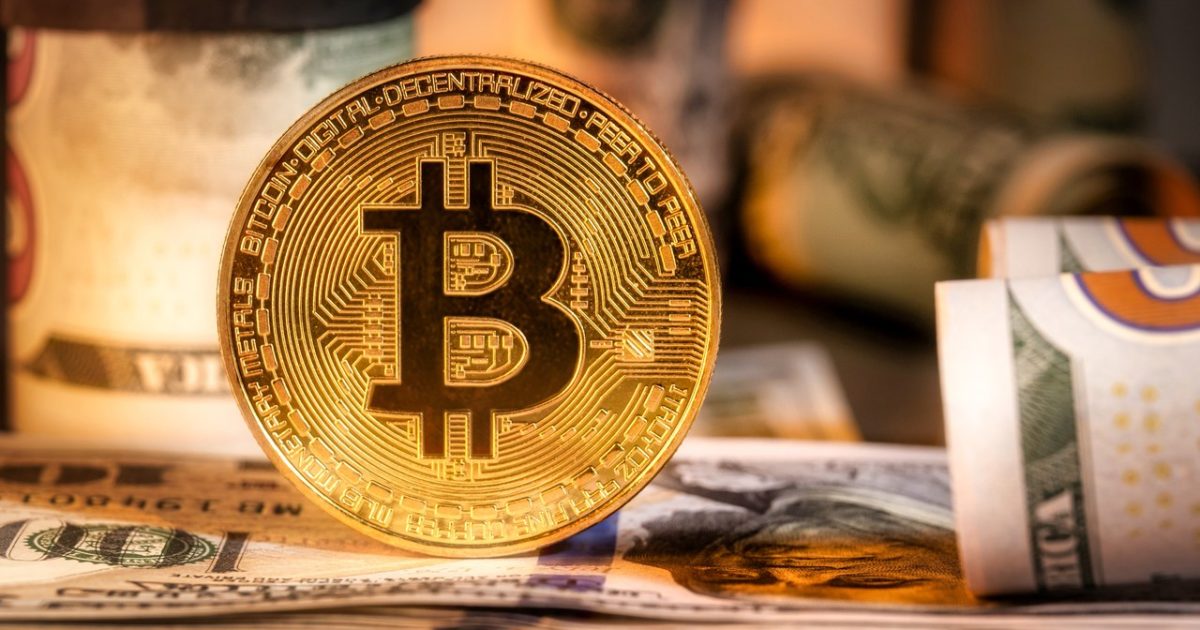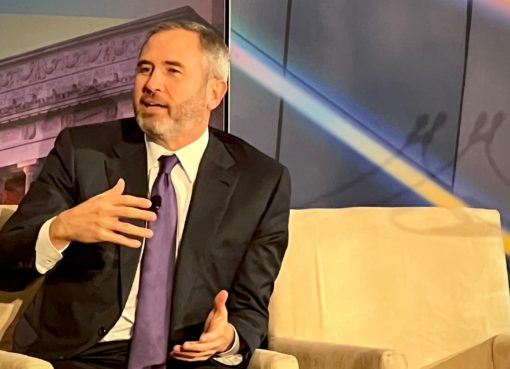Sam Bankman-Fried, the founder of the cryptocurrency exchange FTX, has given his take regarding the future of Bitcoin’s usage. Bankman-Fried stated he doesn’t believe that Bitcoin will work as a payments network, due to its limited capability for scaling to fulfill this task. However, he believes it might become “an asset, a commodity, and a store of value.”
Sam Bankman-Fried on Bitcoin as a Payments Network
FTX founder Sam Bankman-Fried has given his opinion about where bitcoin is going and the real value of its structure in the future. In an interview published by the Financial Times, Bankman-Fried criticized the implementation of Bitcoin as a payments network. To him, the Bitcoin blockchain system will never work as a day-to-day payments system for several reasons.
A perceived lack of scalability of the Bitcoin blockchain is one of them, and the second reason presented by the executive has to do with the energy and environmental implications of this hypothetical growth compared to other alternatives. To Bankman-Fried, bitcoin for payments is akin to gold, in that it would be impractical to use. He stated:
Why don’t we go to a store and pay with physical gold bars? First of all, it would be ridiculous and absurd. It would be unbelievably expensive. And I’m sure it’d be bad for the climate.
He also declared that proof-of-stake (PoS) networks would be more efficient to complete these tasks, explaining:
Things that you’re doing millions of transactions a second with (will) have to be extremely efficient and lightweight and lower energy cost. Proof of stake networks are.
Bankman-Fried believes that Bitcoin has other unique properties that make it good as “an asset, a commodity, and a store of value.”
Differing Opinions
However, some views differ from Bankman-Fried’s opinions. The inception of the Bitcoin Lightning Network (LN), the second layer (L2) expansion protocol for Bitcoin that proposes very low transaction costs, might be a solution to the scaling problems that first-generation blockchains like Bitcoin face when congested. This is the opinion of Paolo Ardoino, CTO of Bitfinex, who believes Lightning has the potential to turn Bitcoin into a feasible payment rail. He stated:
Bitcoin’s Lightning Network is quietly emerging to make manifest Satoshi Nakamoto’s prophecy of a decentralized, peer-to-peer payment network. A case in point is El Salvador where the country’s adoption of bitcoin as legal tender has made the nation a laboratory for Lightning usage with global corporations integrating the technology.
David Marcus, former crypto chief at Meta, recently launched Lightspark, a VC-backed company that will explore the capabilities of the Lightning Network for payments.
The protocol, which was proposed in 2015, has still not managed to gain mainstream support, and it sits at number 32 on the list of decentralized protocols with the most value locked, according to Defi Pulse, a decentralized finance index.
What do you think about Sam Bankman-Fried’s opinion on Bitcoin as a payments network? Tell us in the comments section below.
Image Credits: Shutterstock, Pixabay, Wiki Commons
Disclaimer: This article is for informational purposes only. It is not a direct offer or solicitation of an offer to buy or sell, or a recommendation or endorsement of any products, services, or companies. Bitcoin.com does not provide investment, tax, legal, or accounting advice. Neither the company nor the author is responsible, directly or indirectly, for any damage or loss caused or alleged to be caused by or in connection with the use of or reliance on any content, goods or services mentioned in this article.




